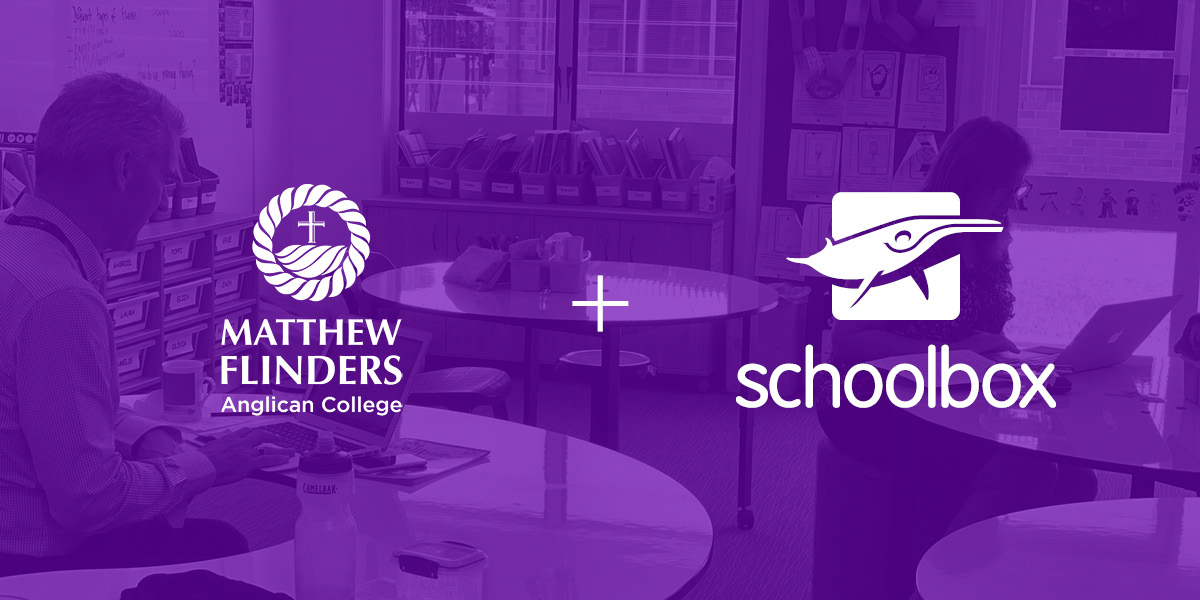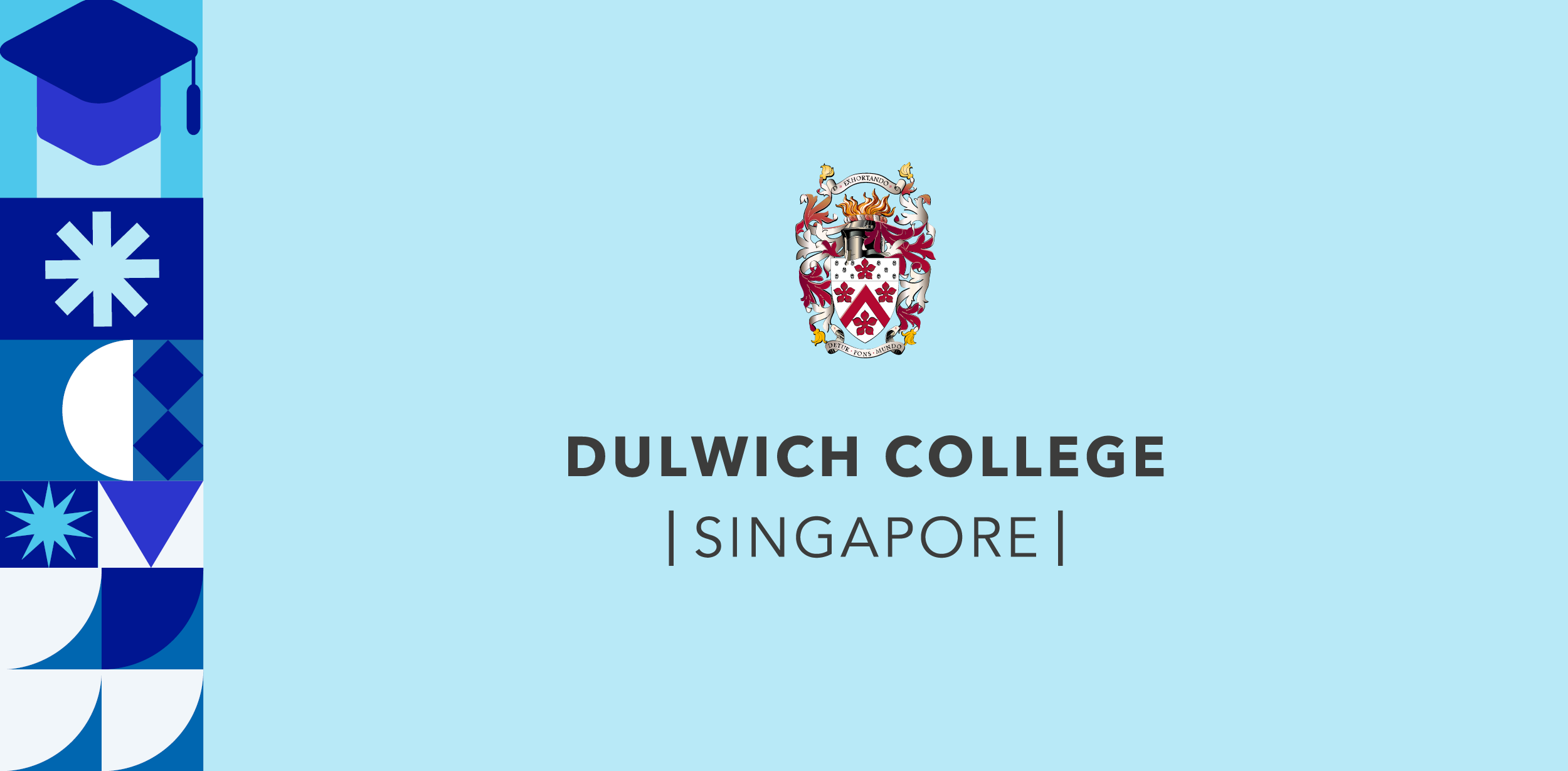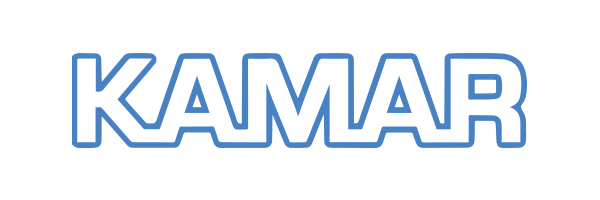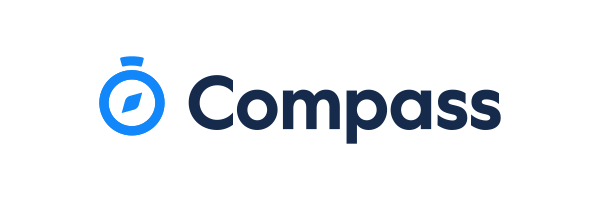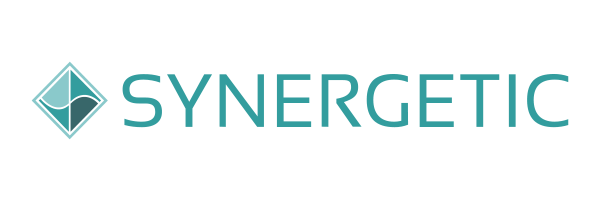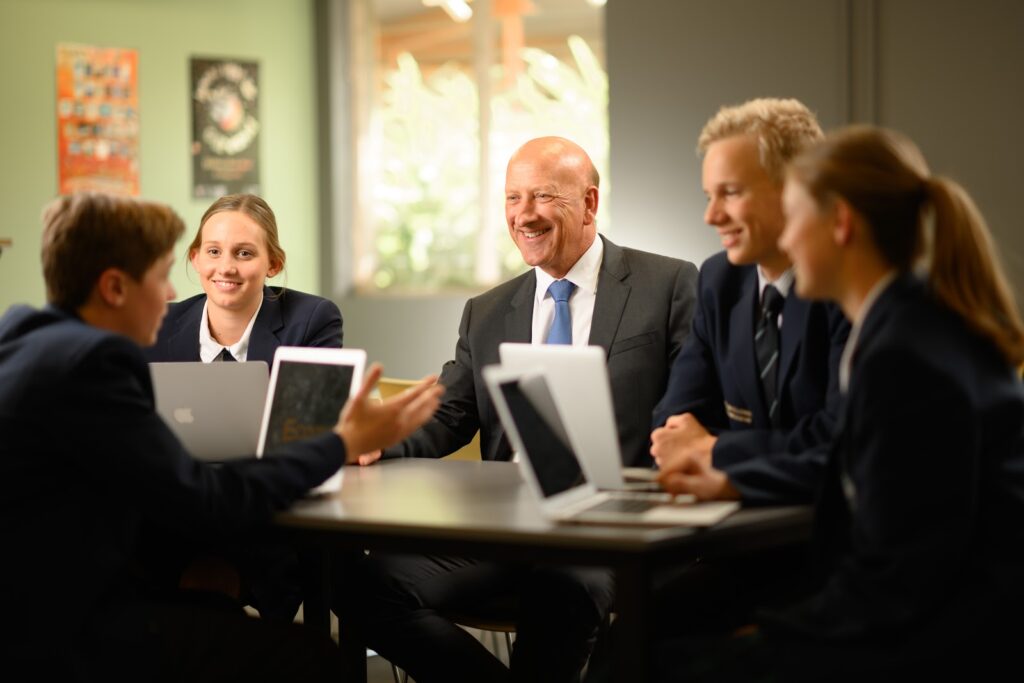
“COVID-19 has forced our College community, and indeed the world, to accelerate the pace with which we become confident at learning in the digital space.”—Stuart Meade, Principal, Matthew Flinders Anglican College
Like many schools across the world, the unfortunate circumstances of COVID-19 have all students at Matthew Flinders Anglican College learning remotely.
What is uplifting to see is that even in these challenging times, schools like Flinders are doing all that they can to ensure their students continue to benefit from a quality education—and succeed.
Matthew Flinders Anglican College
Situated on the Sunshine Coast in Queensland, the sunshine state of Australia, Matthew Flinders Anglican College provides education to over thirteen hundred students, from Prep to Year 12.
It was recognised that in the remote learning situation, there needed to be a set of “new” minimum expectations across all classes to ensure that students had a familiarity with what to expect from one class to the next.
Since Jul 2017, the school has been using Schoolbox successfully to develop tech-savvy classrooms and integrate digital tools to enhance learning.
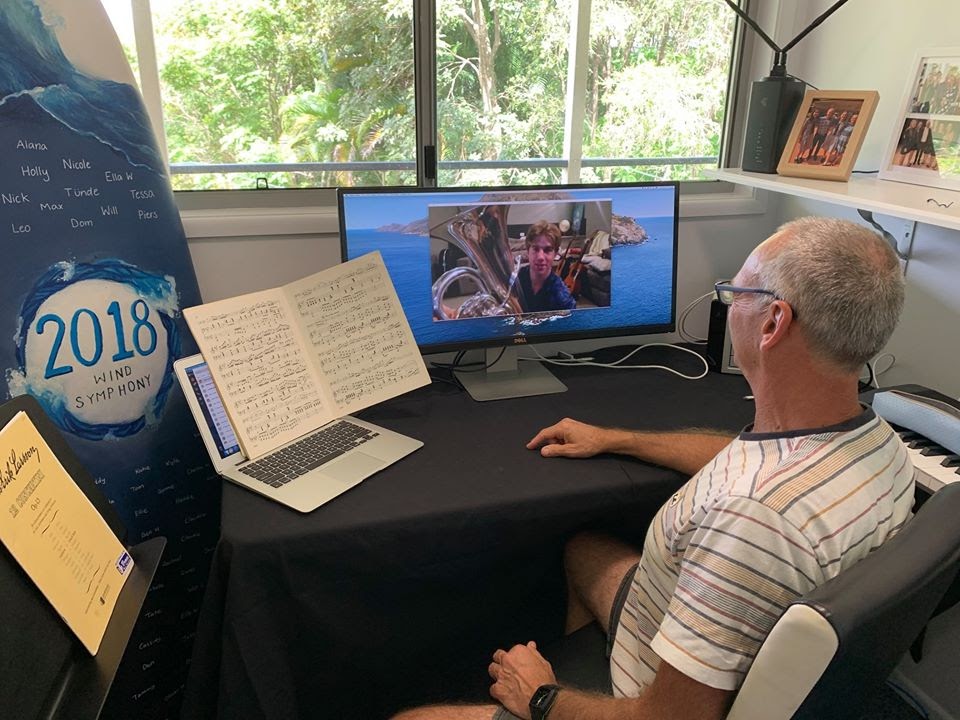
When asked about their success with remote learning, the school identified three key areas.
Key Area 1: Digital technology ingrained in day-to-day learning
“For many years, Flinders has encouraged the use of digital tools for innovative classroom learning. As a result, our Secondary School students are experienced at using digital platforms such as… our custom MyFlinders portal as a natural part of their daily learning and assessment.”
MyFlinders is the authentic name given to the Schoolbox instance at Matthew Flinders Anglican College.
As early as primary school, students at Matthew Flinders Anglican College are encouraged to use technology to enhance their learning experience. In fact, starting from Prep, all students are first and foremost introduced to a number of different digital platforms to extend their learning.
This means students and teachers already have the skills and experience using digital tools and in the face of remote learning, they are able to experience a seamless transition.
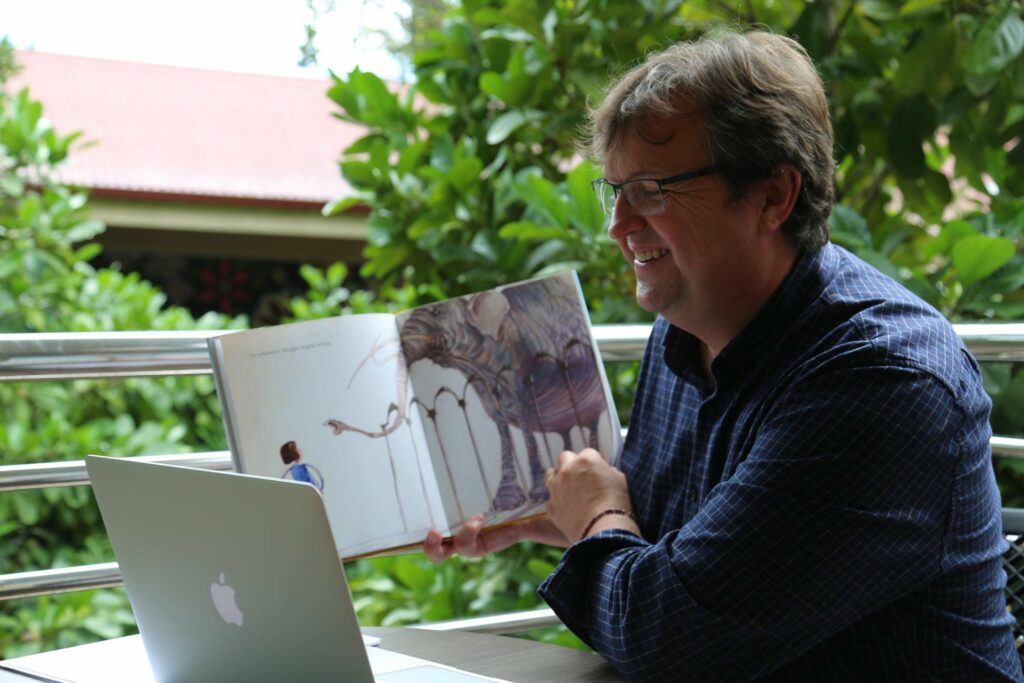
Although remote, students and teachers can access daily lesson plans, share resources, chat on social streams, submit assessments and work as groups in real time.
Parents are also connected to the learning journey, with their own online dashboard, where they can view their child’s curriculum overviews, daily lesson plans and supporting resources.
Key Area 2: Teacher and student training
“Our teachers are undergoing regular training and are committed to upskilling, which will enhance the online learning experience in Term 2.”
Another important aspect to ensure success with remote learning is staff and student training. At Flinders, educators undergo regular training to ensure their students can get the most out of their learning experience, even if they are remote.
The school was very conscious, in this challenging time, to:
- Keep it simple
- Keep it authentic
- Maintain routines
- Be mindful of student and staff wellbeing
As remote learning progressed into Term 2, the school implemented the expectation that teachers would work with their classes synchronously, which meant at least for some of the lessons, they would be ‘live’ for their students and be able to provide the necessary support then and there.
To ensure this expectation was able to be met, teacher and student training was critical.
One of the key areas of training is video conferencing. While the school uses multiple online tools to support student learning, it was decided that the core for remote learning would consist of its existing MyFlinders (Schoolbox) and Cisco WebEx (video conferencing software).
Schoolbox offers a number of integration options with video conferencing software. By integrating Cisco Webex within its Schoolbox instance, teachers can connect in real time with individuals, groups and whole year levels.
Currently, the school is looking at the CirQlive MEETS solution available with Schoolbox to integrate Cisco Webex into their instance.
By utilising this integration, all live lessons for the school can be scheduled and accessed in one place—MyFlinders. The integration will also resolve some of the teething issues experienced by the school due to separation between the video conferencing software and the learning management system.
Teacher training
Training for educators was predominantly provided during a student free day, during which teachers were divided into several groups and trained on crucial aspects.
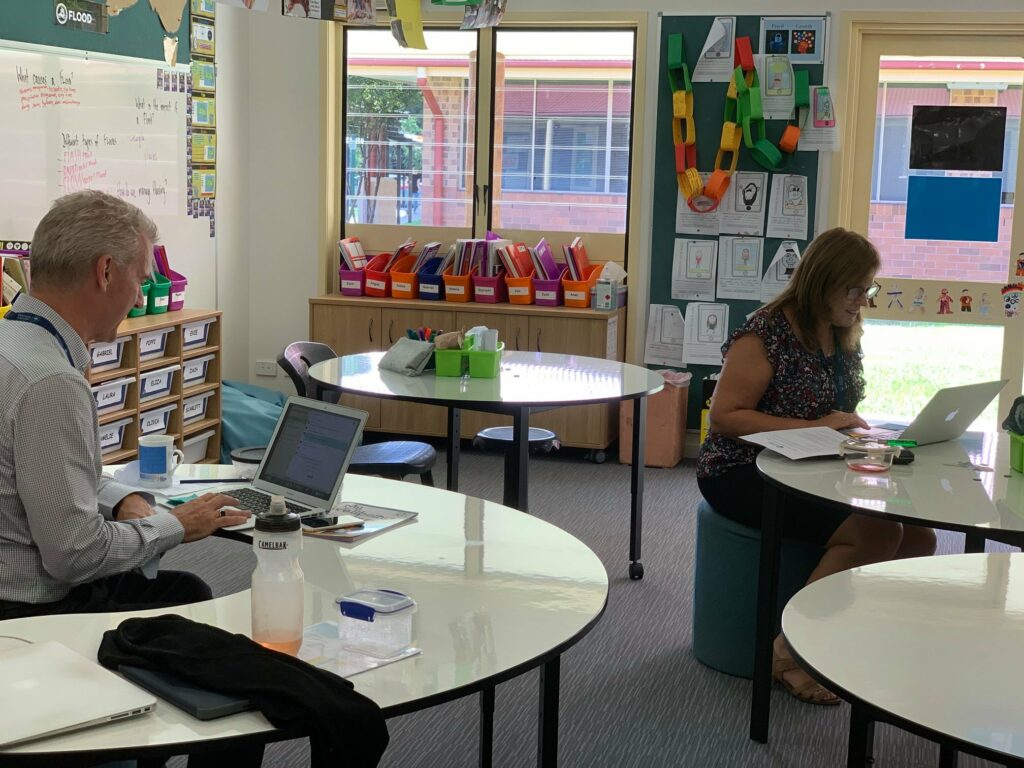
After 1 week of working remotely, the school then organised an additional ‘remote’ student free day where various multiple remote training sessions were available via the WebEx system. The focus with these sessions was not only about competency of the tool but also to develop good digital pedagogy.
Student training
Training for students was provided by ‘special’ whole year level assemblies, during which guidelines and instructions for use of the new video conferencing solution were discussed and provided. Similar communication with parents was also facilitated to ensure consistency of the message and its expectations.
Although in the early stages of the integration, the school is confident that the integration between Cisco Webex and SchoolBox will provide an improved user experience for both students and staff and is also looking at utilising the capabilities beyond remote learning.
Key Area 3: Continuing to keep the school community connected
Remaining connected with the entire school community was identified as another key area for the school’s success with remote learning.
A key driver was the COVID-19 updates page the school established within its Schoolbox instance in Term 1. Both parents and staff members were made part of this group and could therefore stay abreast of any developments or changes as soon as they became available.
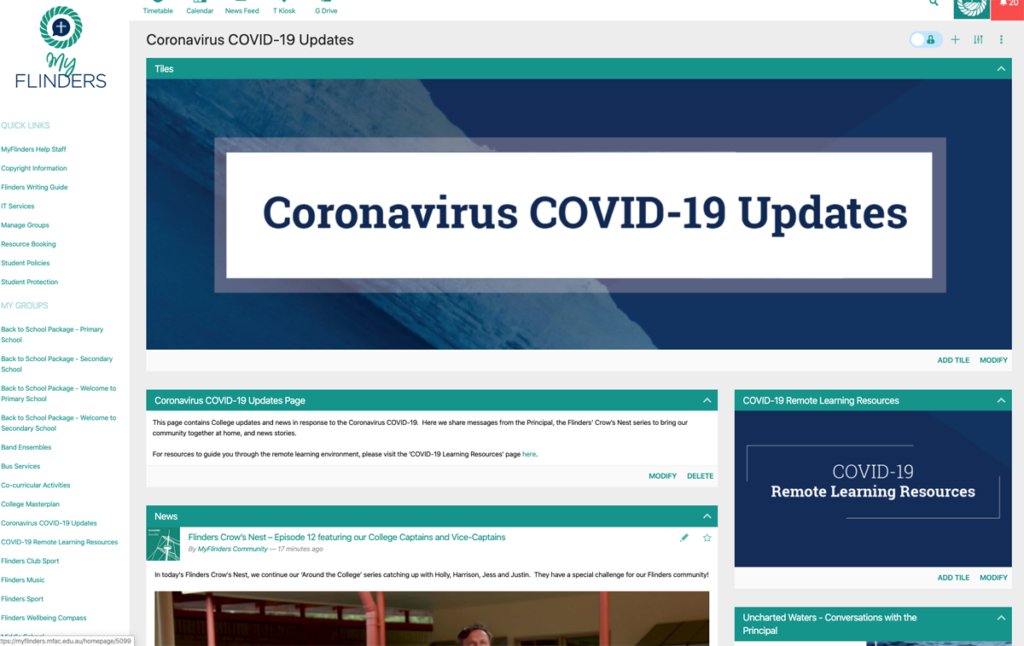
The group page has now been expanded to include a sub-page that houses the schools’ remote learning resources.
Success!
Feedback regarding the implementation of remote learning from teaching staff, students and parents has been overwhelmingly positive for Matthew Flinders Anglican College.
A survey from the Team 1 remote learning period for the Primary levels of the school showed that 95% of parents found that instructions provided by teachers were greatly supportive in assisting students to complete their remote learning tasks. Similar feedback was also received from parents with students in secondary years.
In times of uncertainty and challenging circumstances, a success story like Flinders is encouraging.
Flinders is certainly mindful that a face to face connection and the classroom environment provides the highest education and social outcomes however the school has always been committed to guide and challenge its students to prepare for the digital world, as that is the future.
“Face-to-face learning is the best way to achieve academic outcomes and to boost health and wellbeing—so we are all looking forward to the day we are back on our beautiful campus.”
